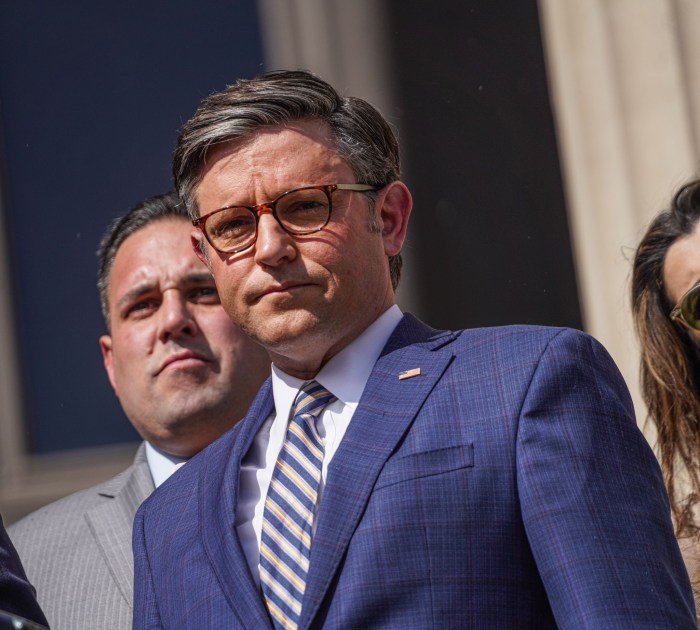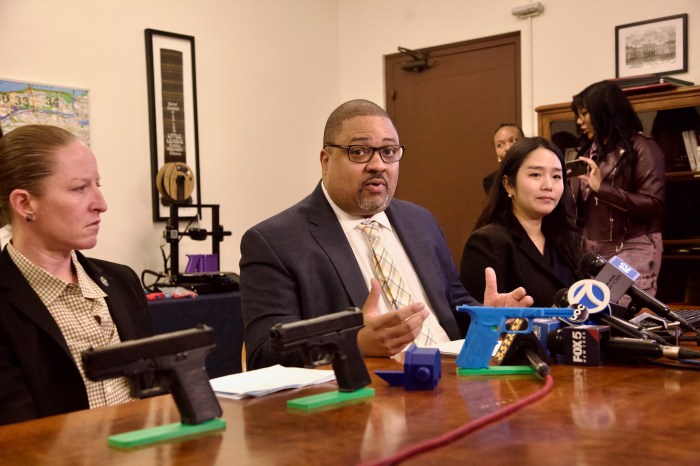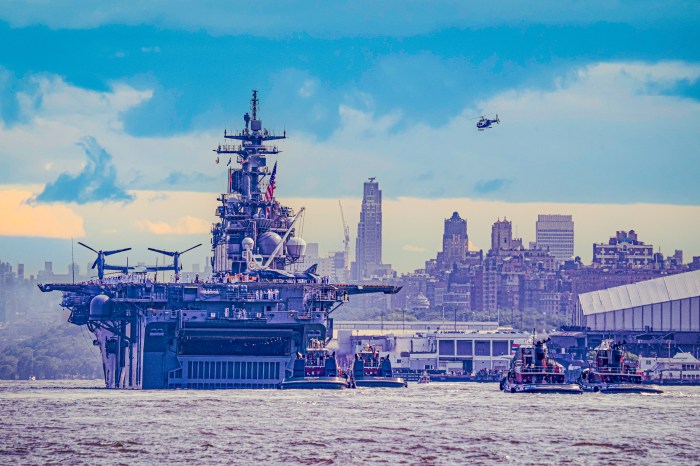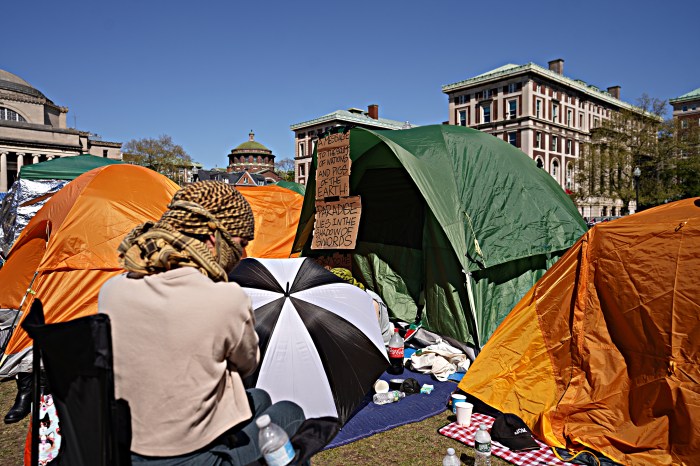
NYPD officer Moira Smith rushed hundreds to safety from a burning North Tower, shielding their views from the horror of strewn body parts that covered the plaza the morning of Sept. 11, 2001, an act of compassion that Martin Glynn has never forgotten.
“I was afraid that I would not to be able to handle the horror of the plaza,” said Glynn, a computer programmer who worked on the 84th floor and had watched people plunge to their deaths from the South Tower. Any glimpse of more death would have sent him into a tailspin, he said.
“I don’t think anyone who was there really understood the service she gave,” said Glynn, who saw Smith’s picture in the newspaper the next day. “I recognized her. We locked eyes when she led me down the ramp. I even turned around to see if she was still there.”
Smith died in the collapse, leaving behind husband James Smith, a retired NYPD officer, and daughter Patricia Smith, who was 2 when she perished. The family later moved to East Hampton.
The service of 9/11 women first responders is easily forgotten, but they reunited last month at New York University to tell their stories in a panel discussion led by Mary Carouba, co-author of “Women at Ground Zero: Stories of Courage and Compassion,” published in 2003. The book chronicles the stories of the women whose service is scantly noticed after the nation suffered its most murderous terrorist attack. The dominating image of a fireman dressed in a helmet and heavy rain gear still persists, she said.
These women have stayed in the shadows keeping their stories to themselves, said Carouba. “They are not glory hound people. They are so humble, quietly doing their jobs.”
“That day we were professionals and we did what we needed to do,” said NYPD Deputy Chief Theresa Tobin, who was back on the job with a bandaged head and clutches. Blown out of her boots and thrown across West Street when the South Tower collapsed, Tobin dug herself out in the chaos and guided people to safety until an EMT stopped her when he saw a shard of glass sticking out of her back and an embedded piece of concrete in her skull.
After that tragic day and the months that followed there were no counselors to help with the trauma, and no acknowledgment of service for some, said EMS Capt. Doreen Ascatigno, who was at her communication dashboard.
When the radio went dead “I thought we lost everyone,” she said. When “the yelling and screaming came back it was a relief.” But the telephone calls with family members who wanted to know if their loved ones were still alive lingered in her thoughts. “ ‘Have you found Carlos yet? Have you found Ricky?’ . . . It’s something that you never forget. It destroyed my marriage.”
Firefighter Regina Wilson is still answering fire calls but also sings at FDNY ceremonies and funerals. “All those memories I lived through I find peace in them because I give a gift to someone else — my voice.”
On 9/11, Wilson and other firefighters who came through the Brooklyn-Battery Tunnel were enveloped in a dark cloud of black smoke and debris. Soon after, they grabbed their tools and sprinted the rest of the way to what she described as “a ghost town.”
Fifteen years later, the sight of a fire truck reminds Wilson that she belongs. “When I feel that nobody loves me, I just look at a fire truck and I know that somebody does.”

















